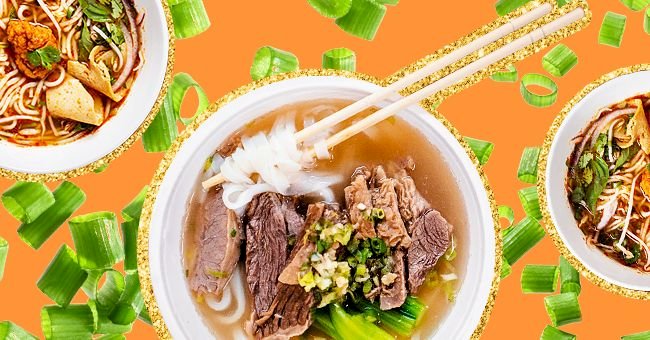
Healthy Diet Secrets Straight Out Of Ancient China
Modern-day Chinese food has earned a bad reputation through take-out food that is heave, fatty, and oily. However, this version is a far cry from the traditional, ancient eating habits of the Chinese.
Chinese food expert Lorraine Clissold firmly believes that traditional "the Chinese way of eating is healthy and fulfilling, fights illness and prolongs life." Here are some secrets to the diet of Ancient China.
Eat Seasonal Food

Photo by Tim Mossholder on Unsplash
"For every season... There is a reason..."
says Pete Seager.
Chinese culture places emphasis on the human connection to the environment. Seasonal foods are considered extremely healthy for the body while out of season foods are thought to possibly be detrimental to the health
In Chinese culture, foods can be classified according to their "properties" and "tastes." An example a banana is considered cold in property and sweet in taste. Thus since they are out of season in winter they should be avoided.
Stop Counting Calories

Photo by Artur Łuczka on Unsplash
Instead of counting calories, the Chinese approach food in terms of nourishment. Clissold explains that the secret is avoiding the empty calories of sugary, nutrient-free foods.
"The latest research into weight loss shows that calorie-controlled, low-fat diets are less effective than low glycemic load diets, which is exactly what a traditional Chinese diet is."
says Western nutrition experts, Patrick Holford.
Vegetables Are Full Dishes
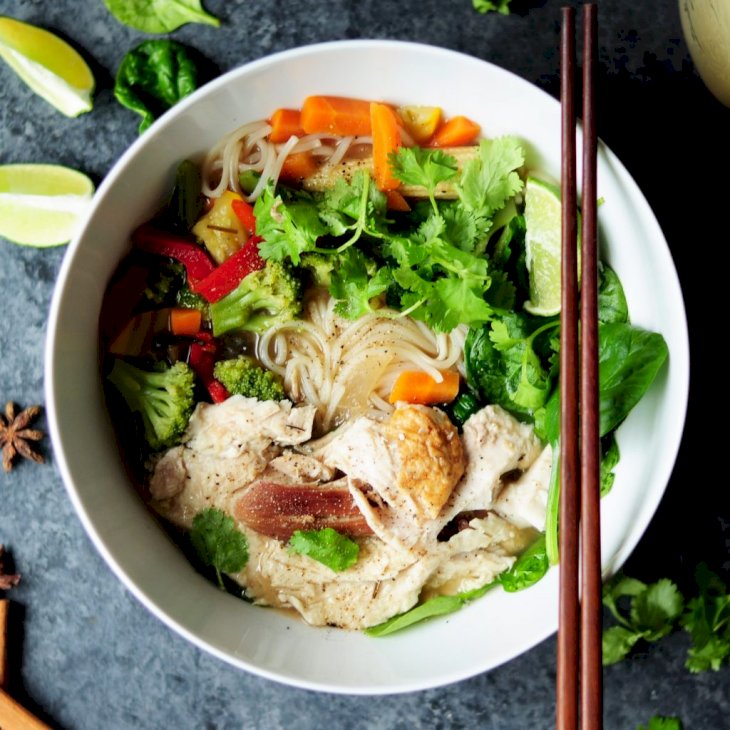
Photo by Sharon Chen on Unsplash
Chinese treat vegetables as meals not simply as side dishes. Nutrition expert Ian Marber explains that protein and carbohydrates is extremely healthy.
"There aren't many complex carbohydrates in vegetables, but they should count as a dish. If the majority of your meal is vegetables, and you add some protein, you'll always have a perfect meal."
Strict Meal Times

Photo by Ocean Ng on Unsplash
The human body appreciates consistency and routine. Naturally, bodies are designed to eat during the daylight, and rest in the night.
Thus even in modern Chinese culture, mealtimes are strictly followed. This also helps to ensure you eat proper meals, not sugar-filled snacks.
Don't Overeat
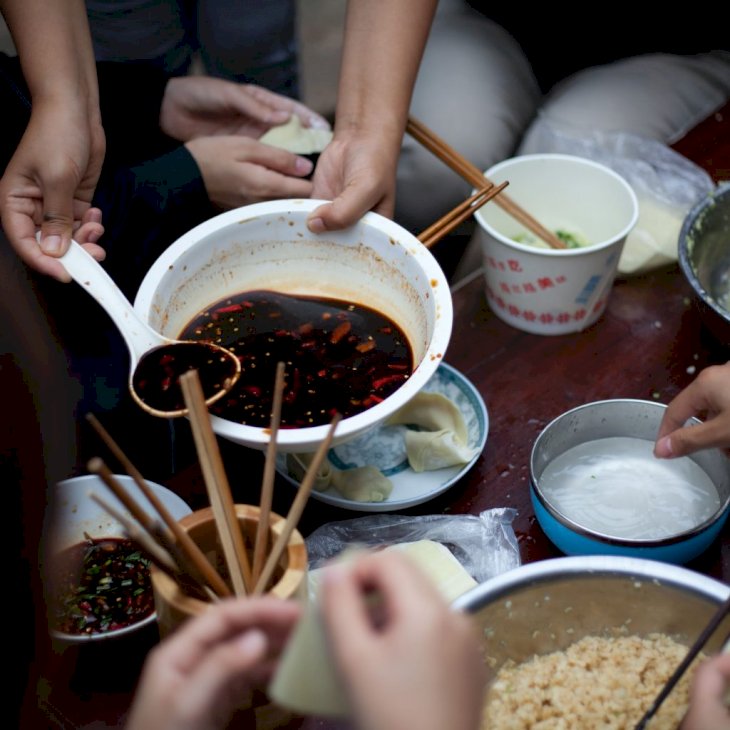
Photo by Frank Zhang on Unsplash
The biggest trick to staying slim and still eating well in Chinese culture is never overeating. The idea is to eat until you are full and then stop.
The Chinese tend to eat three good meals every day and avoid snacking. Marber warns that you need to be careful. He says:
"What does 'full' mean? I think so much of that message is lost in the conspicuous consumption of the Western world. But be careful: it takes a while for the brain to recognize CCK, the hormone released when you are full, so you're actually full quite a lot earlier than you realize."
Soups
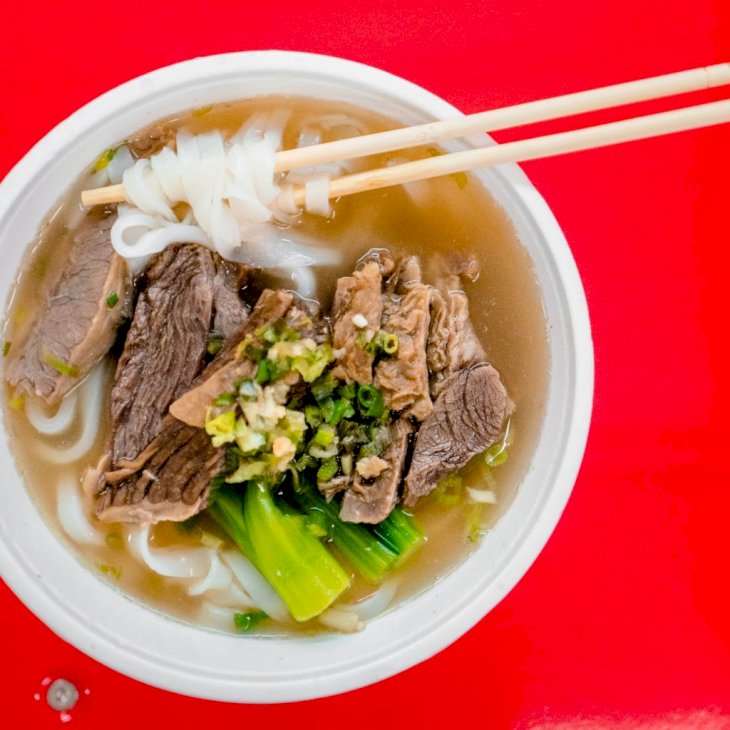
Photo by Alice on Unsplash
Another great way to get nutrition without overloading on calories is to regularly opt for soup or soup-based dishes. Ancient Chinese dishes often featured broth-based meals and watery porridge, zhou.
The Chinese avoid dryer meals and opt to add a nourishing liquid food part to every meal. It is also a great way to use up leftovers.
"Thirst is often confused with hunger. Also, drinking does tend to fill you up. So soups help you control your appetite."
Balance Yin & Yang
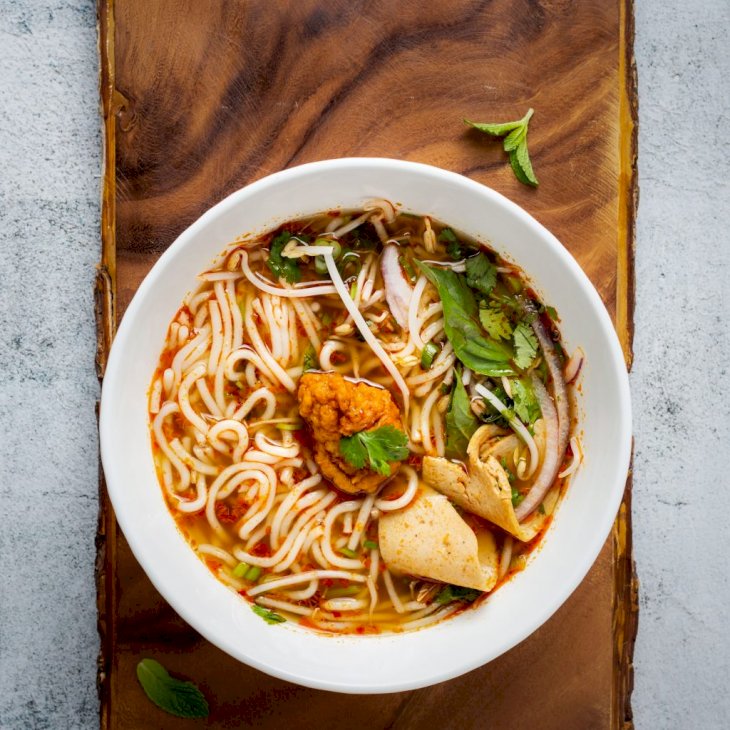
Photo by Mae Mu on Unsplash
A good Chinese diet establishes a balance between yin, a.k.a. wet and moist, and yang, i.e. dry and crisp, ingredients. Since Chinese dishes are usually presented in sharing, multi-dish format it is easy to ensure that most meals contain yin and yang in equilibrium.
"You should have complex carbs, a protein and a grain together for many different reasons, one of which is the experience of eating. The typical English bastardisation of Chinese food, chicken and cashew nuts, is a good example: you've got the softness of the chicken, the crunch of the nut and the satisfying rice."
Green Tea
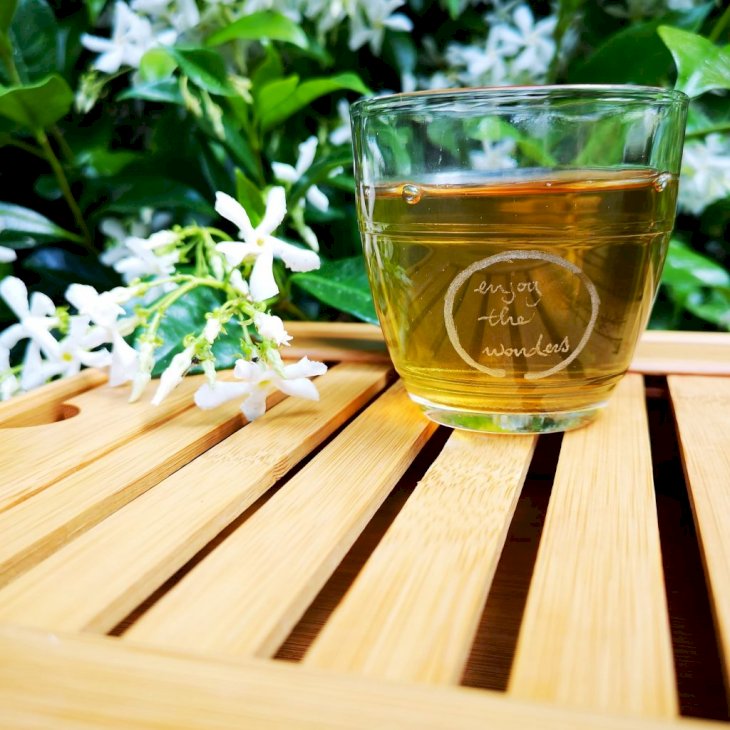
Photo by Verena Böttcher on Unsplash
Finally, the ultimate secret to a healthy Ancient Chinese diet is to drink copious amounts of green tea. It eliminates toxins, aids digestion, and reduces hunger.
Scientists discovered that green tea also fights free radicals that can cause cancer and heart disease. It is also a well-known antioxidant.